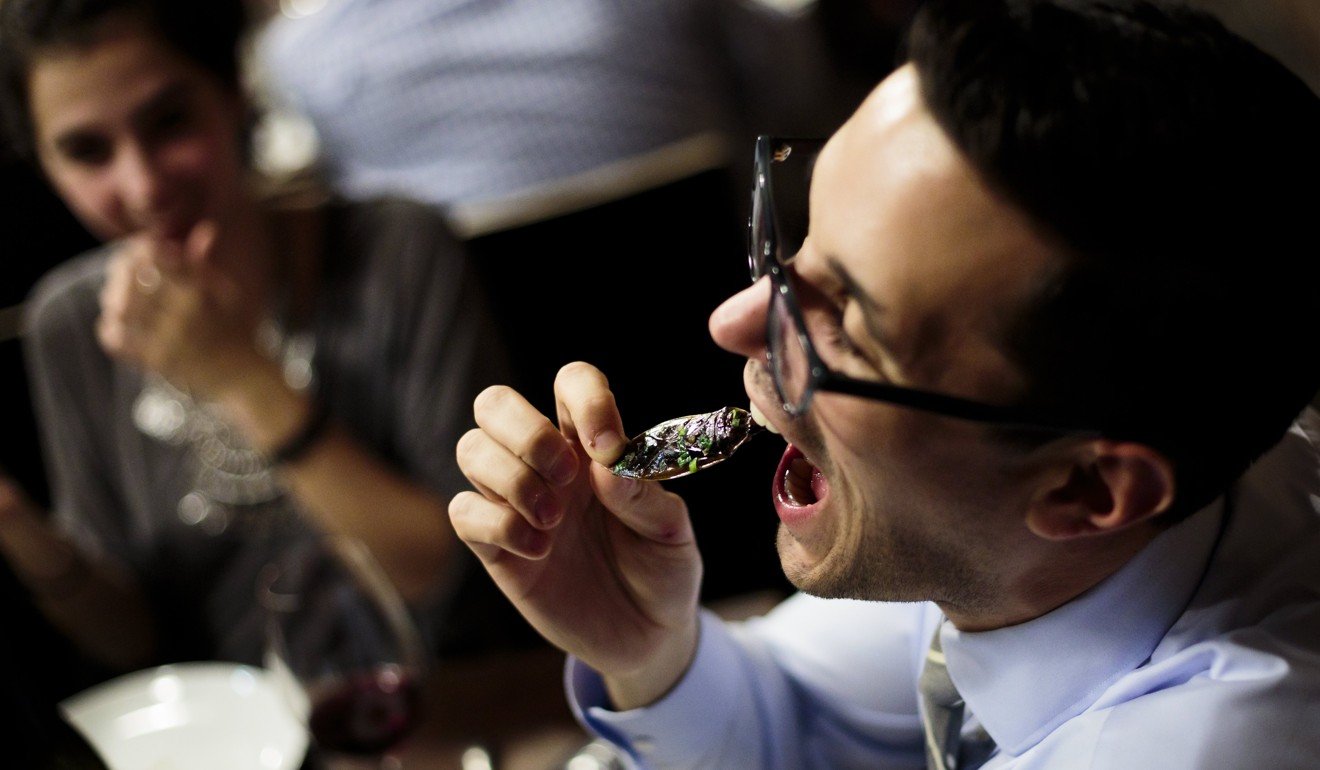
Stop hiding behind your culture as an excuse for bad behaviour
Hongkongers should prevent people from using the ‘culture thing’ as a defence to do whatever they want to inflict harm or violate the personal freedom or dignity of others
It would be fair to say something considered distasteful in one culture might not necessarily be so in another.
Of course, there is always common ground on certain issues, and when it comes to ethics, morality and widely recognised universal values, there is little room for compromise, no matter what the culture it is.
However, this can be tricky if you have grown up in a multicultural setting, and needless to say, many of us are living in a culturally diverse and interconnected world.
Big Brother is everywhere, shut him out by not freely sharing your personal data
In the West, people talking with a mouth full of food, eating loudly, slurping soup or burping openly are often habits widely frowned upon. But on this side of the globe, these are socially acceptable behaviours often tolerated by non-Asians, mostly because there is nothing morally wrong with such conduct.

There are vast differences of opinion about the way different cultures eat. For example, in some Asian countries people eat insects as they see them as a cheap and nutritious food – high in protein and low in calories. It might be gross to others, but open-minded people would not condemn it because it’s an affordable nutritious option for people in developing countries. In Alaska, the indigenous people have depended on whale meat throughout generations. This dietary practice is generally tolerated because it is a cultural practice and necessary subsistence to indigenous Alaskans.
Why privacy is an alien concept in Chinese culture
However, most people are disgusted by the habit of dog meat consumption, not only because of their love of dogs and think it’s morally wrong to eat man’s best friend, but also due to a feeling of disgust.
When we are overwhelmed by disgust, our sense of morality kicks in and this is often a good moral guide to help us behave ethically.
Unfortunately, there is an increasing tendency to dilute the severity of bad and immoral behaviour with cultural differences and many people use culture to sugar-coat bad behaviour.

His reaction to the incident was extremely alarming to say the least but the uncomfortable reality is that in many male-dominated professions such as the media there are still many men, mostly of the older generation, who think like him.
Hong Kong Sevens kisses fail to score with all fans
When I was a young reporter, I came across editors offering to give me writing tips over dinner or at the weekend sitting by the swimming pool sipping a cocktail. I complained to my boss a few times, hoping he would stop them. His reaction was always the same, “I am sure he is just trying to help and I believe he doesn’t want to rush it and therefore he wants to see you after work or on a day off. You are just being overly sensitive.”
After being turned away on countless occasions when I tried to seek help, I finally stopped when he told me “It’s a culture thing, why don’t you just relax and get over it?” All these editors who made advances on me were foreigners.

Cultural upbringing might have influenced us to a certain extent, but it’s no justification for how we operate in daily life and certainly inexcusable for anyone to hide behind cultural orientation when things go wrong. Traditional customs and age-old ways of life should not rise above universal ethics, decency and imperative values.
Cultural diversity in this increasingly interconnected world will always bring tension and conflict between values and norms of different people from varied backgrounds. But bad and unethical conduct should never be dressed up and passed off as traditional practices because it still boils down to being undesirable.
Yes, it’s legal, but that doesn’t make it right: Hong Kong’s ‘can-do’ spirit has been twisted
Culture should be cherished. It’s not only our ethnic identity; it also reflects our inherent qualities, our beliefs, and our moral values and virtues. It should be a driving force to enhance communication, promote peace and enrich our lives.
We should stop those who try to use cultural differences or the “culture thing” as a sword and a shield to do whatever they want to inflict harm or violate the personal freedom or dignity of others.
And for those who tell victims to “laugh it off” or “get over it”, they should listen up – it’s not about getting over it; we must deal with it and uproot the culture of indifference to sexual harassment. And a final word of wisdom: no matter what culture it is, it should always promote virtue not vice.
Luisa Tam is a senior editor at the Post

